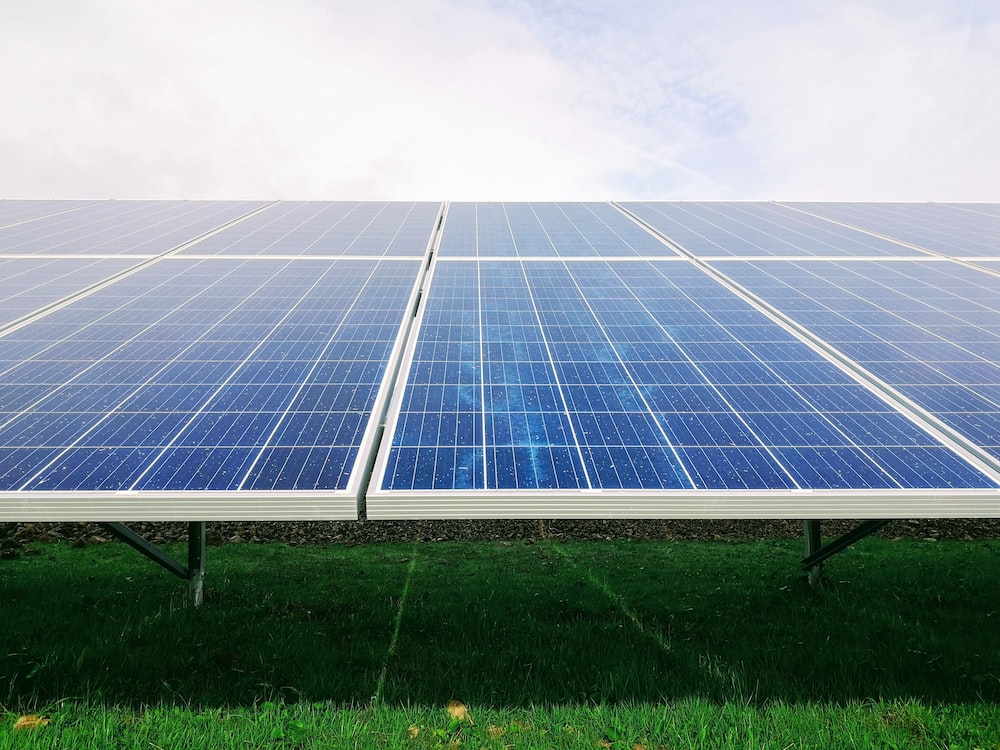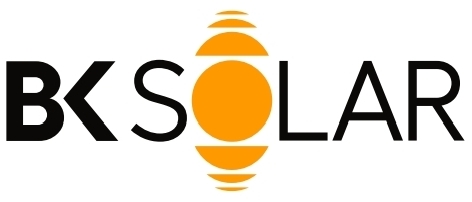GOVERNMENT
Government solar systems refer to the use of solar energy technologies by government entities, such as federal, state, and local government agencies. These systems can be used to power government buildings, streetlights, traffic signals, and other government-owned infrastructure. The installation of a government solar system can bring several benefits, including:
Cost Savings: By generating its own electricity, a government entity can reduce its energy costs and save taxpayer dollars
Environmental Sustainability: Solar energy is a clean, renewable energy source that does not produce greenhouse gases or contribute to air pollution, contributing to a more sustainable future.
Energy Independence: With a government solar system, a government entity can generate its own electricity, reducing its dependence on the electrical grid and increasing its energy independence.
Improved Energy Efficiency: A government solar system can be combined with other energy-efficient technologies, such as efficient lighting and appliances, to further reduce energy consumption and improve overall energy efficiency.
Demonstrated Leadership: By installing a solar system, a government entity can demonstrate its commitment to sustainability and leadership in promoting renewable energy.

